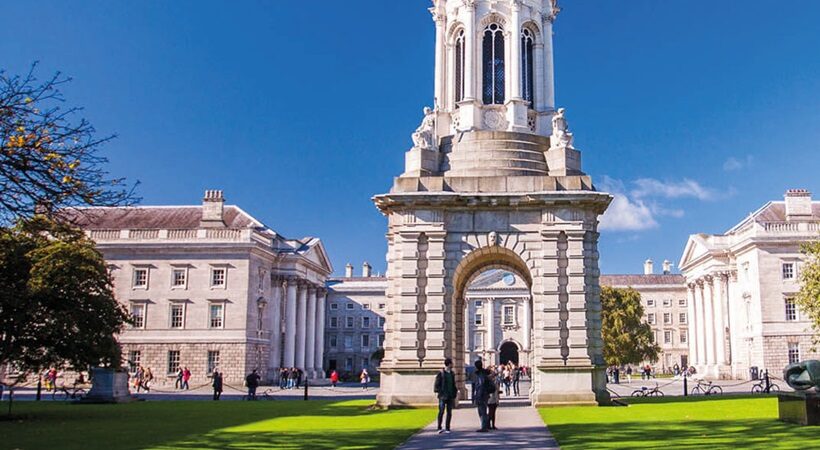Many young people tend to move abroad because of the possibility of acquiring a high-quality education, currency values, future employment options, immersing themselves in a new culture and country, obtaining a global mindset and more excellent safety and welfare. Therefore, they try to enter a foreign country on education visas.
Particularly, Ireland has proved to be an enticing prospect for international students. The application process to study in Ireland is straightforward, with measures in place by the Irish institutions and government to make the student’s experience convenient.
The guidelines below will give insight into how students can easily and practically plan to study in Ireland.
Choose a Programme
Start the process by considering your discipline of preference and exploring the course options. Students find the right fit for themselves to study, be it the higher education institution or programme of study. Every course offers diverse and exciting opportunities. You can choose a course of your choice by asking a few questions. Where do your interests lie? Where do you see yourself in a few years? Which industry are you suited to?
Select Institution and Take Admission
Once your programme of study is decided, the next step is selecting institutions that offer your preferred course. You can use the Irish National Framework of Qualification (NFQ) to identify and compare different qualifications before making an informed decision. Try to gather as much information as you can about your preferred programme, tuition fee, funding and accommodation. Tuition fees differ considerably depending on the institution and the study programme. As tuition costs do not remain static, it is essential to double-check fees with the institution you have decided to apply to. You can gather such information by attending virtual fairs, especially official events run by the government of Ireland where top higher education institutions and the Visa Office participate. You can also directly contact the institution to get detailed information about the course and application procedures.
Keep in mind that all Irish higher education institutions have an Autumn or September intake and a smaller number have a January and May intake. So, ensure that you apply to an institution in advance depending on the year, as admissions open at least eight months before an intake and seats fill up soon. Before finally applying, make an informed choice.
Complete Paperwork
When you are satisfied with all your choices, you will need time to put together the necessary paperwork and have a document checklist at hand. Ensure that you know the academic and the language requirements and book your English test (IELTS, TOEFL) in advance accordingly. As you are expected to understand, converse, and write English well, a good grasp of English is essential if your native language is not English. In addition to your academic documentation, some institutions may even ask for a letter of reference or statement of purpose.
Funding
If you need external funding, you can look into merit-based scholarships offered by the Ireland Government and institutions themselves. They call for applications online every February ahead of the following September intake. Therefore, ensure you apply for these at the time of application itself.
Once you submit your application and receive an offer of a place from the institution, you will be asked to send in the admission fee. This must be done on time to secure your place. Once the application process is complete, you can start planning for your living in Ireland, like booking your accommodation, reading up on visa requirements, and engaging with other students or alumni through social media to learn more from their perspectives. You will thus find yourself much closer to your study abroad dream.



















